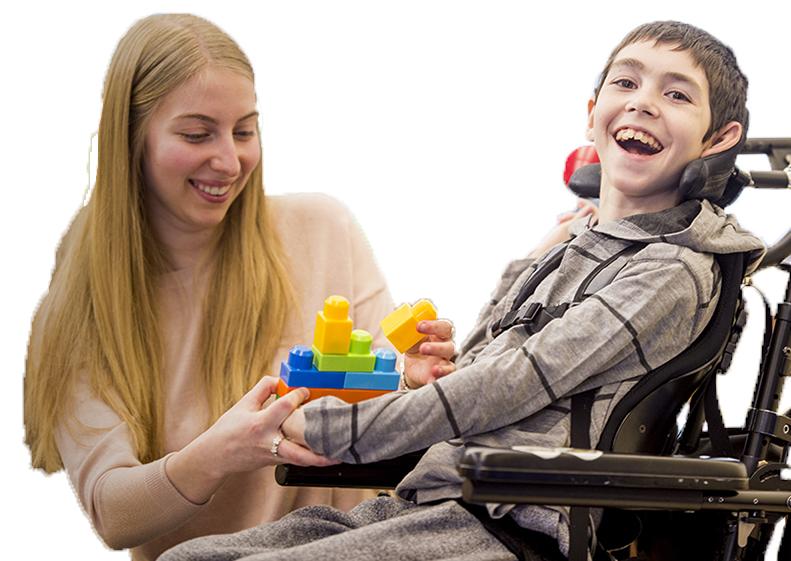Resources Directory
Search below to find a hospital, doctor, therapy, and more

SERVE Center at UNC Greensboro
The SERVE Center at the University of North Carolina at Greensboro is a university-based research, development, dissemination, evaluation, and technical assistance center. Its mission is to foster empowered, information-rich educational systems by:
Finding and translating the best current knowledge,
Generating new knowledge, and
Partnering with stakeholders to identify and apply best evidence to practice.
Services: (please see individual center's websites for details)
SERVE Center Services:
The SERVE Center has a significant history of working with educators across the Southeast, beginning in 1990 with the U.S. Department of Education's Regional Educational Laboratory-Southeast (REL-SE). With a vision of an educational system that empowers and equips all people to realize their infinite possibilities and promise, SERVE Center works to build educational stakeholders' capacity to understand and apply research and evaluation information toward the goal of improving student outcomes.
Listed below are a few of the services SERVE Center provides to empower stakeholders.
Evidence Based Education (EBE) Request Desk – Our goal is to assist educators and policymakers in their efforts to apply the evidence base to decisions about policies, programs, and practices they encounter. To meet this need, we provide research-based information on educational initiatives happening nationally and regionally. The EBE Request Desk is a point of contact for taking and responding to research questions across the region. It provides information and resources relevant to your education-related questions.
E-Learning – SERVE Center strives to offer educators content in a broad range of topics important to educators across the region in a variety of formats that will meet their learning needs. Therefore, SERVE Center is building a cadre of e-learning resources that educators can access and view online or download at their convenience.
10-Minute Colleges – A series of short multi-media presentations that provide:
– a synopsis about an important document, or
– an overview of important research or evaluation studies, or
– an overview about educational initiatives, or
– how-to practical applications.
Webinars – Presentations and panel discussions provided in an online environment.
Presentations – PowerPoints and handouts of conference presentations and workshops.
Videos – Video content from conferences and meetings.
Evaluation Services: Since its inception, SERVE Center has conducted numerous evaluative studies on educational initiatives important to the region. This work represents a wide-range of areas, including reading, technology, early childhood, mathematics and science, total quality management, school to work, and site-based management.
Evaluation Capacity Building – CAPE is a suite of resources, tools, and professional development activities designed to assist program and project leaders in collecting and analyzing data they can use in making decisions about the implementation of their projects. CAPE is grounded in the belief that if school systems and individual schools have the capacity to plan and implement good evaluations, they will get the most out of their projects—to the ultimate benefit of students.
Technical Assistance – States, districts, and schools face challenges in today’s world that include preparing students for the 21st century, setting high expectations for all students, and meeting the requirements of NCLB. To help educators meet these and other real-life needs, SERVE Center has developed a comprehensive portfolio of technical assistance options that reflect different areas of school improvement, including the process, content, and evaluation. Because we know the levers of school improvement occur at all levels, our services are designed for different audiences: state policymakers, district administrators, and school-level practioners. We work with educators to customize our services to meet their needs.
